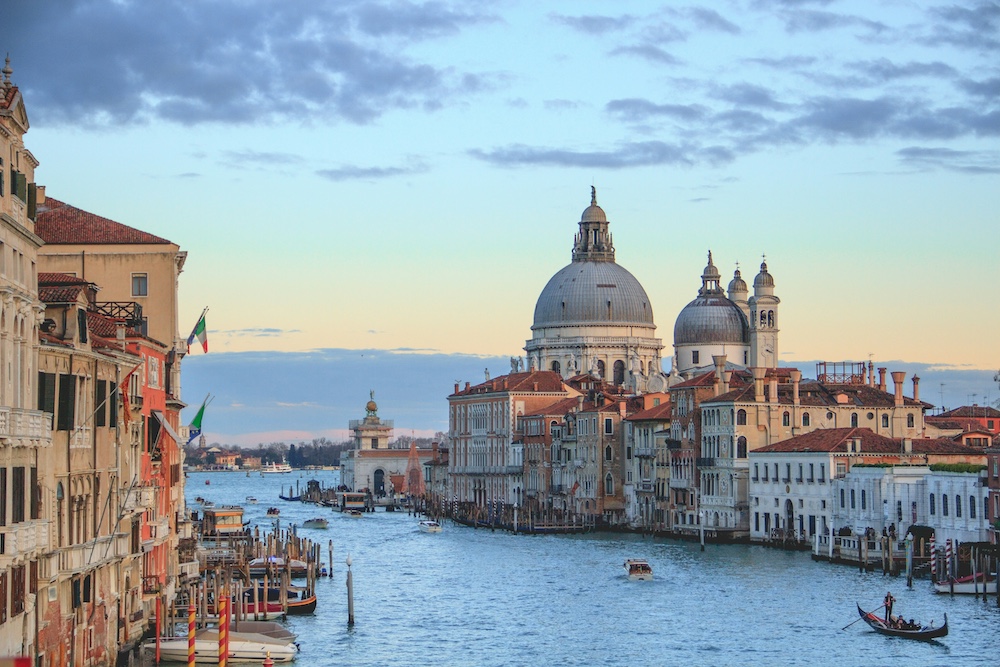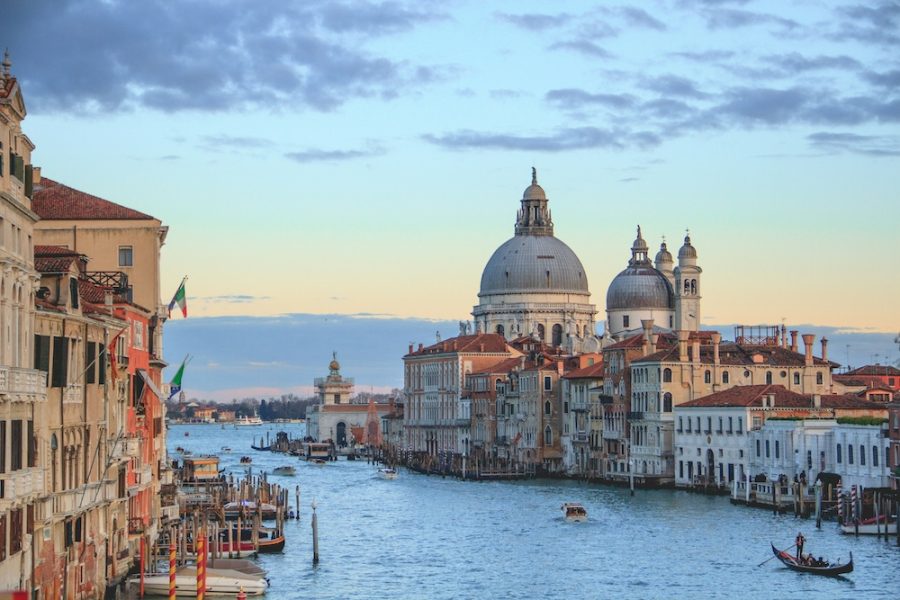The Italian city of Venice will introduce a 5 euro (approximately 43 patacas) entrance tax for day trippers from 25 April as part of a wider effort to deal with overtourism.
Multiple news outlets report that the new fee will apply to tourists over the age of 14 who are visiting the old city, famous for its canals and gondolas, during peak hours and seasons, including holidays and carnival periods.
The periods in which the fee is levied will vary, with local authorities noting that “the aim is to discourage day tourism in certain periods.”
Currently, the periods in which the Venice access fee is in effect include 25 to 30 April, with various dates also scheduled in May, June and July.
Visitors will need to pay this fee via an online platform. Exemptions do exist for people belonging to certain categories such as those who are staying overnight in the surrounding area and those who have paid local property tax.
[See more: Are there too many tourists coming to Macao?]
Although the tax has been controversial, it has been seen as a necessary measure to curb the significant number of tourists travelling to the city, which reaches roughly 30 million people per year, with many of them being day trippers.
The significant number of visitors has placed considerable strain on the city’s infrastructure, as well as ageing historic buildings.
Proceeds from the access tax will go towards the maintenance of the booking platform, said Venice’s city councillor for tourism, Simone Venturini, who spoke to CNN. Originally, it was intended to also be used to deal with the rubbish and the maintenance of the city’s infrastructure.
Apart from the tax, Venice has put in place other measures including high-tech tracking systems that monitor the number of visitors in the city, allowing the authorities to limit entry into certain areas that are considered to be overcrowded.
Although Venice’s levy, which specifically targets day trippers, is a world-first, other popular world holiday destinations, including Bali and Barcelona have attempted to manage overtourism through similar taxes.






